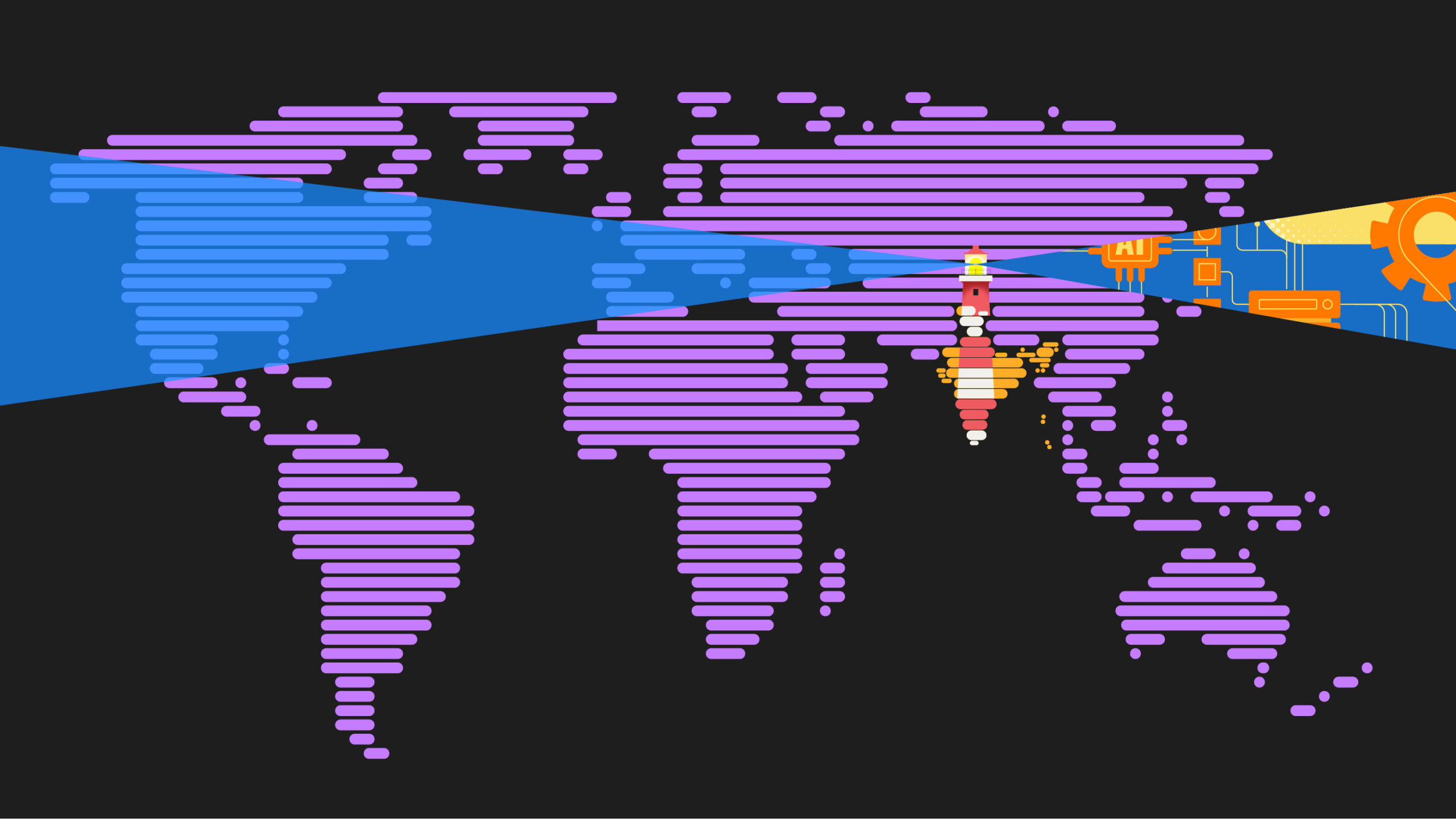Macroeconomic shocks have roiled the business environment for SaaS over the past couple of years. Uncertainties altered customer demands and priorities, while fears of recession impacted the investment outlook. SaaS companies all over the world got caught up in this pincer movement.
Amidst this turbulence, the Indian SaaS ecosystem has proved even more resilient than its global counterparts. Revenues crossed $7 billion, formation of new SaaS companies expanded three-fold, and India now corners 2% of the global SaaS market, a new study by the SaaS founder community, SaaSBoomi, and knowledge partner McKinsey shows.
Investors have retained faith in the accelerating growth potential of India SaaS through the difficult times. Capital invested in Indian SaaS companies grew 24% from $5.9 billion in 2021 to $8.4 billion 2022, even as SaaS investments globally got a 20% shaving from $305 billion to $245 billion in the same period.
One explanation is a switch in global fund allocation. “In the last few years, most of the global VCs have come to realize that Indian SaaS founders can build global products. And when US markets started tanking, it gave them even more reason to look at opportunities elsewhere,” says Sathya Nellore Sampat, General Partner at BoldCap. “The public market was crashing in the US but the valuation realizations were not happening in the private market. That led them to look at India as an opportunity.”
India had a record 6.7% share of new global unicorns in 2022, most of which are SaaS companies. “B2B SaaS in India has been a bright spot for investment because revenues kept growing even if valuations dropped due to macroeconomic factors,” says Manav Garg, founder & CEO, Eka Software Solutions.
The SaaSBoomi report projects $50-70 billion revenues from India SaaS with enterprise value crossing $0.5 trillion by 2030.
The dry powder for annual tech investments globally grew to nearly $400 billion by the end of 2022. But investments into both global and Indian SaaS will be more challenging going forward, until the macroeconomic climate improves, because of the unwillingness of founders to raise down rounds, the study shows.
Alongside the piling up of global dry powder, the funds available for investing in India SaaS have burgeoned with a number of new India-focused funds coming up.
One of the incentives for VCs doubling down on India SaaS is their perception of better prospects for exits. The number of Indian SaaS exits doubled in the last two years as more and more companies learnt the scaling and M&A mantras from their successful peers.
While the India SaaS story remains compelling for investors, the weather vane has turned from blitzscaling towards profitability. Efficient growth is the watchword in the current scenario.
At the same time, the advent of generative AI foundational models has created a new opportunity for Indian SaaS founders to accelerate growth.
Ravi Rajamony, Vice President, March Capital, believes India has some advantages in building AI-native SaaS. “Even though India joined the SaaS play a bit later, it caught up with the world and tremendous value was created. Lots of that learning can be applied quickly to AI-native SaaS. Founders here are very tech and product aware and AI adoption has been superfast.”
The experiences and best practices of India’s SaaS winners can inspire today’s SaaS founders to achieve breakthrough levels of success in an AI world, says the SaaSBoomi report.
You can buy and download the full report here.

























